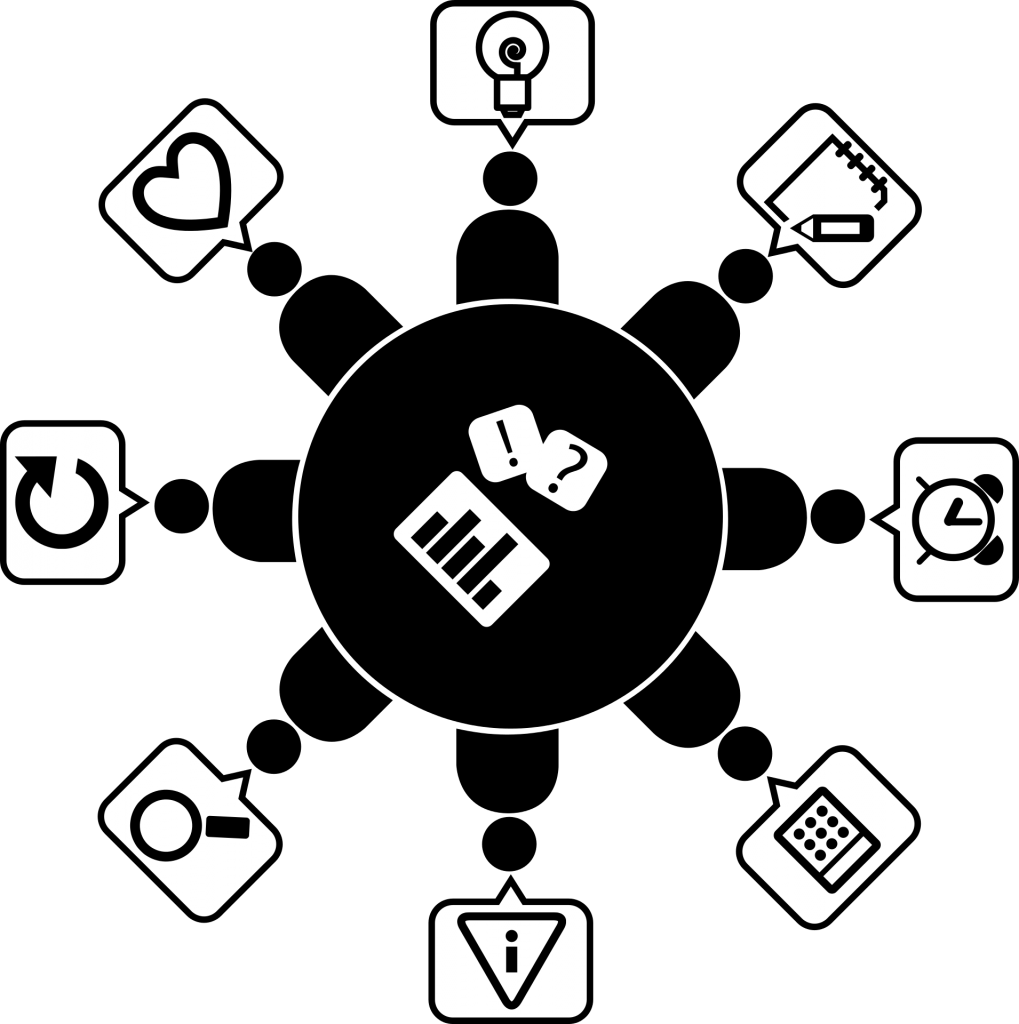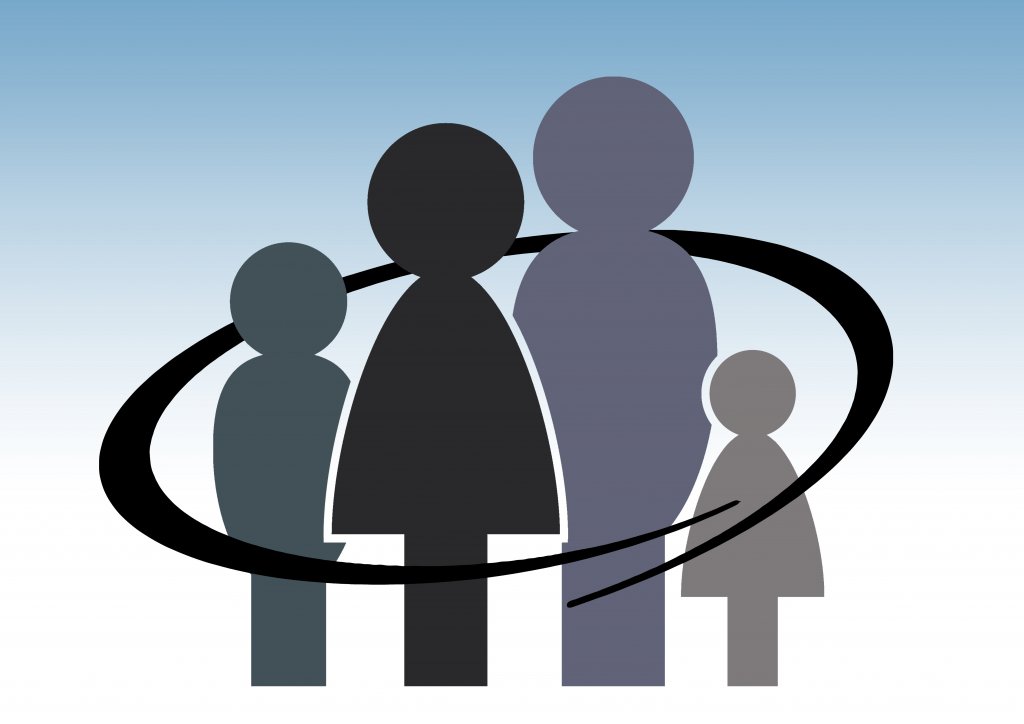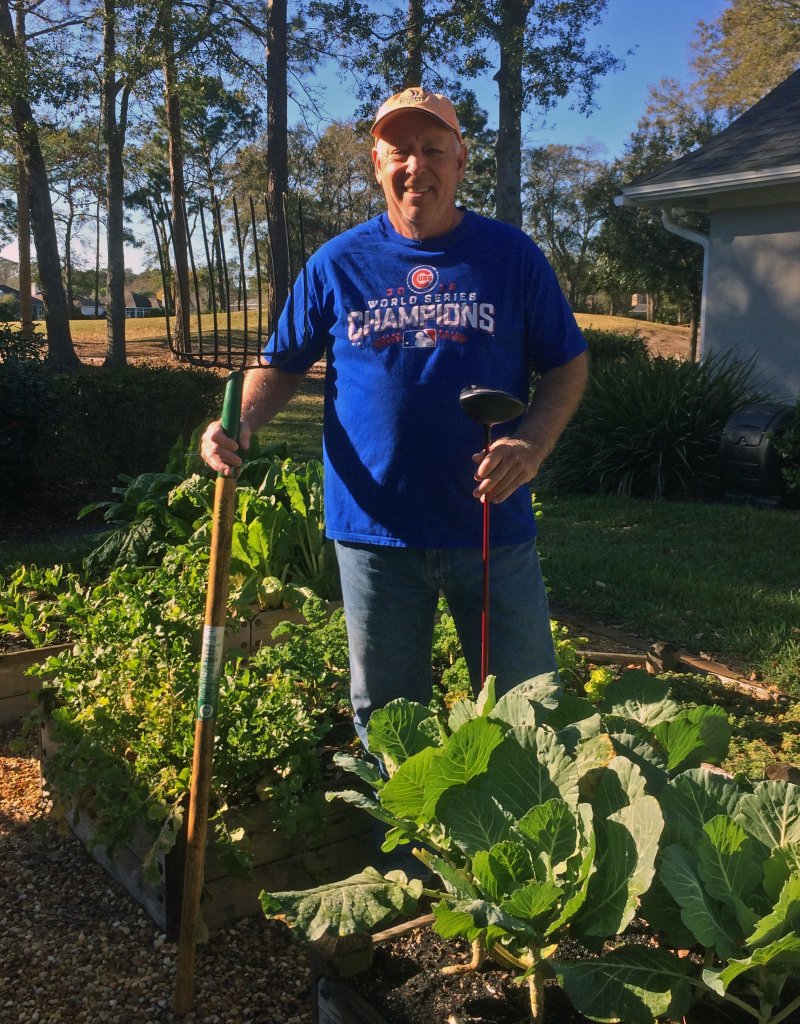Advice for Audiologists Still in the Trenches
Marshall Chasin asked if I would share some of my retirement experiences with my pre-retired Canadian colleagues who are still in the audiology trenches. My first reaction was that nobody would care much about that topic. Then I decided it might at least be fun for me. Who knows, maybe after 5 years away from the daily grind I might have some perspectives that could be interesting or insightful to audiologists as they move through their careers.
It is true that retired folks think back over their working lives. I haven’t dwelled or languished in the past, but I have thought about what I did well, what I could have done differently, and how those decisions have affected my retirement life. So here goes, some thoughts and advice from a retired audiologist.

First, think about what you are most proud of that you have done in the field and do MORE of it. In my case, that was my involvement in adult aural rehabilitation groups. I thoroughly enjoyed these counselling-oriented groups and believe that the benefits that patients obtained from the groups often equalled or exceeded that provided by the hearing aids that I dispensed. Comments like “being in this group may have saved my marriage” made being an audiologist rewarding. I received many more patient hugs at the end of a rehab group than at the end of a 30-day hearing aid trial period. Try to do more of what you like the most and what you’re really good it.

Another thing I relish is the time I spent with students, both in the classroom and in the clinic. Watching students learn, grow and improve their skills was fun. If you aren’t supervising students, try to get involved and model good clinical practice for them. Seeing a former student at a conference and having them thank you is a wonderful reward.

Another suggestion: try to associate and, if you’re lucky, be friends with audiologists you admire and from whom you can learn. Some of my best professional and social memories come from time I shared with people like Mead Killion, Gail Gudmundsen, Robyn Cox, Ruth Bentler, Dennis Van Vliet, David Fabry, Julia Davis, Catherine Palmer, Richard Seewald, Robert Sweetow, and Gus Mueller. These people contributed to some great memories and enhanced my life and career. I still think about them often. Find good colleagues.

Let me move now to some personal things. I imagine each of you has heard the story of the priest saying that the one thing that is never heard from people on their deathbed is “I wish I had spent more time at the office.” Although I believe I did spend a good amount of time with my family during my working days, I could have done more. My daughter, now 36, gave me so many great memories. I wish now I had even more. Work hard at being a good audiologist, but in the long run your family is so much more important. This becomes much more obvious the older you get.
Related to the reasonable amount of time at work idea is a mantra to which I wished I had paid more attention: “All Things In Moderation.” I always tended to overdo things. For example, I was “into running” for many years, which was good in some respects, but I became addicted to it. I ran too much, ran when I was injured and now have a damaged hip that allows me only to walk. Why did I overdo it? Moderation is key to a healthy and productive life.
I also believe that I cared too much about accomplishing things in my career. Again, a noble thing to do, and I certainly did benefit from my high level of productivity, but having a thick vita with 80 publications, 250 professional presentations, achievement awards, committees, boards, etc. means nothing to me now. Why did I care so much about having high numbers of these activities? I wish now that I had spent some of my time doing things like promoting consumer awareness of hearing aids and audiology, giving talks to high school students about noise exposure, volunteering at a local facility for the homeless or doing calligraphy, an activity I loved but never gave it any of my time. When I went to audiology conventions I almost never took a half-day off and went somewhere interesting in the city or took in some local colour. I kept my nose to the grindstone, went to presentations and worked my way through every booth in the exhibit hall. If I could do it over, I would relax more and have a little more fun. In other words, more attention should have been given to a better “work-life balance.” Try to do better than I did in this important aspect of your life

A significant event occurred midway through my career. Having not dealt very successfully with depression and some OCD tendencies most of my life, I went for counseling. I knew I had found a really good fellow when I asked him at the first session to explain his philosophy of therapy and he answered “WAFU.” Of course I asked what that meant and he responded with a grin: “We All F--ked Up, we have to do what we can to help you deal with it the best way possible.” After a few sessions, he confidently declared that an SSRI anti-depressant would do wonders for me. That was nearly 25-years ago and that drug has dramatically improved my quality of life. My only regret is that I didn’t address the problem earlier. If your WAFUness is weighing heavily on you, take a positive step and do something about it sooner rather than later.
So, I made it to my “golden years” (headed toward 70), retired, and continue to live in Florida. What does a retired audiologist do all day long when he’s not testing hearing, removing cerumen, repositioning canaliths, fitting hearing aid,s or running adult AR groups? Let me say first of all that I thoroughly enjoyed being an audiologist. It was a great profession and career for me. But believe it or not, I haven’t missed it for it a minute since I walked out the doors of Mayo Clinic 5-years ago. How can that be? Well, the answer of course is that you must have other things that you enjoy doing.

Here are some of the fun things I do that seem to completely fill every day:
- Play golf 3-4 times/week all year round (remember I live in Florida!), walking (no carts), it’s 6.5 miles for 18 holes, great exercise
- Go on several golf trips a year with a bunch of guys: eat, drink, bet, have fun!
Work in my garden all year round (Florida again, veggies grow all year) and give at least half of it to friends and neighbours. - Feed the squirrels and birds in the back yard and be sure the birdbath is full of fresh water.
- On the days I don’t play golf, I go to the gym and walk 3.5 miles on the treadmill and do some light weights.
- Read the local newspaper every day, and visit several Internet news sites, follow national news and politics closely.
- Take care of and interact a lot with our two feline family members, Buddy and Boo.
- Monitor the weather via my very cool weather station that transmits all kinds of data wirelessly to a unit in my sunroom (and my iPhone and iPad).
- Watch the BlackHawks and Cubs win and the Jacksonville Jaguars lose.
- Take an occasional afternoon nap.
- Every few days take a leisurely 30 to 45-minute bike ride through the neighbourhood, wave to neighbours.
- Have a gin and tonic in our sunroom with my wife before dinner. We solve the problems of the world as we watch the sunset.
- Prove that we are in our 60s by watching Wheel of Fortune and Jeopardy most nights. I get stomped by my wife who should go on Jeopardy but refuses.
- Watch some fun recorded series on TV at night. Currently watching Doc Martin, Homeland, The Vikings, The Affair, The Crown, Property Brothers, to name a few.
- Travelling some... highly recommend the Galapagos Islands, absolutely amazing!
Go to the grocery store several times a week. My wife and I alternate nights cooking dinner. My specialties are Szechwan, Thai, shrimp and pasta dishes, and burgers.
There you have it, some of what an audiologist is glad he did in his career, a few things he would do differently, and what he’s doing in retirement. So, maximize your retirement savings, take care of yourself physically and mentally, balance life and work, develop outside interests, and look forward to retirement. It’s really nice!


